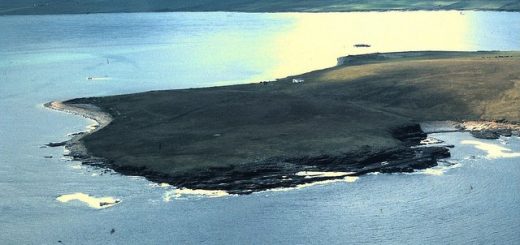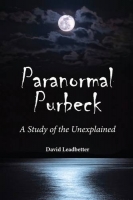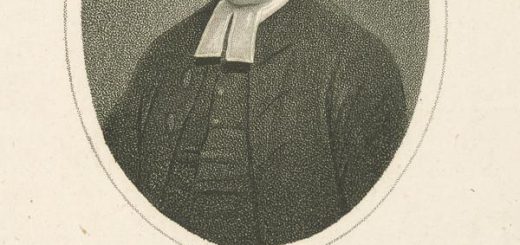Prophetic Dream, Edinburgh Castle, 1734
According to ‘The Haunted Homes and Family Traditions of Great Britain by John Ingram (1897); A singular prophetic, or warning dream, is related and vouched for as “entirely authentic,” by Dr. Abercrombie, in his work on Inquiries Concerning the Intellectual Powers. The Doctor, however, only gives the skeleton of the story and omits the names of the persons concerned. Lady Clerk, of Pennicuik, daughter of the Mr. D’Acre of the dream, communicated the tale more fully to Blackwood’s Magazine, in a letter dated May 1, 1826, and beginning, “Being in company the other day when the conversation turned upon dreams, I related one, of which, as it happened to my own father, I can answer for the perfect truth.'”
![Saffron Blaze [CC BY-SA 3.0 (https://creativecommons.org/licenses/by-sa/3.0)], from Wikimedia Commons](http://www.mysteriousbritain.co.uk/wp/wp-content/uploads/2018/12/1280px-Edinburgh_Castle_Rock-300x200.jpg) Even Lady Clerk’s printed narrative, however, is incomplete, as it, also, gives the initials only of the names, but Mr. Dale Owen was successful in obtaining these names in full from a manuscript account of the whole affair by her ladyship, and he succeeded, also, in unearthing, from a contemporary newspaper, The Caledonian Mercury, the date of the accident referred to, and particulars of the whole occurrence.
Even Lady Clerk’s printed narrative, however, is incomplete, as it, also, gives the initials only of the names, but Mr. Dale Owen was successful in obtaining these names in full from a manuscript account of the whole affair by her ladyship, and he succeeded, also, in unearthing, from a contemporary newspaper, The Caledonian Mercury, the date of the accident referred to, and particulars of the whole occurrence.
The anecdote is related by Mr. Dale Owen in the following terms:
Major and Mrs. Griffith, of Edinburgh, then residing in the Castle, had received into their house their nephew, Mr. Joseph D’Acre, of Kirklinton, in the county of Cumberland a young gentleman who had come to the Scottish capital for the purpose of attending college, and had been specially recommended to his relatives’ care. One afternoon Mr. D’Acre communicated to them his intention of joining some of his young companions on the morrow in a fishing-party to Inch-Keith; and to this no objection was made. During the ensuing night, however, Mrs. Griffith started from a troubled dream, exclaiming, in accents of terror, “The boat is sinking! Oh, save them!”
Her husband ascribed this to apprehension on her part; but she declared she had no uneasiness whatever about the fishing-party, and, indeed, had not thought about it. So she again composed herself to sleep. When, however, a similar dream was thrice repeated in the course of the night (and the last time presenting the image of the boat lost and the whole party drowned), she became seriously alarmed, threw on her dressing-gown, and, without waiting for morning, proceeded to her nephew’s room. With some difficulty she persuaded him to relinquish his design, and to send his servant to Leith with an excuse.
The morning was fine, and the fishing-party embarked. It consisted of Mr. Patrick Cumming, a merchant, Colin Campbell, shipmate, a boy named Cleland, nephew to Campbell, and two sailors. About 3 o’clock a sudden squall arose from the south-west, the boat upset and foundered, and all were drowned except Campbell, who was picked up after being five hours in the water, almost dead with fatigue. This happened on the 7th of August, 1734, and the affair is narrated, so far as concerns the accident, in the Caledonian Mercury for the 12th of the same month.




Recent Comments